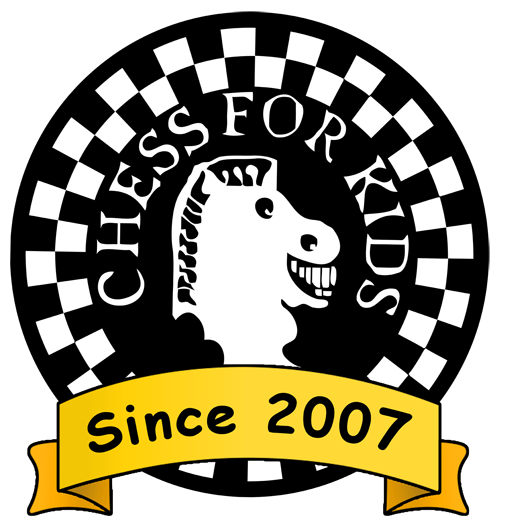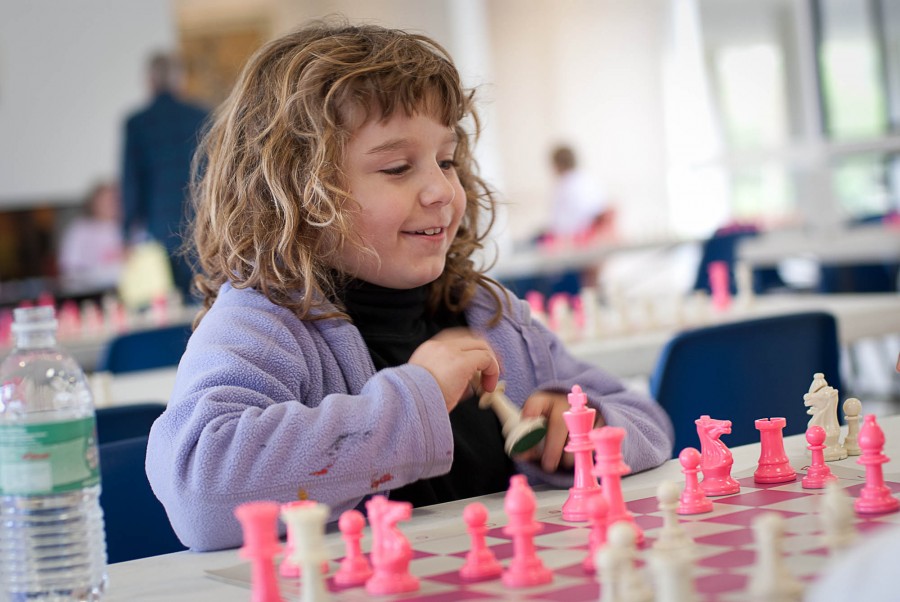[nggallery id=1]
read more[twocol_one] [/twocol_one] [twocol_one_last]4th All Girls Chess Tournament February 9, 2013 Grades: K-12 Saturday, February 9, 2013 Arrive at 9:15am for a 10am start Location: Former Ursuline HS, 90 Ursuline Road, Santa Rosa Fee: $20.00 [/twocol_one_last] [button link=”http://signups.chessclubforkids.com/signups/signup/82″ bg_color=”#5A6F43″]Register Now[/button] All ages and skill levels are welcome. This is a fun low key competitive event designed…
read moreHere’s a peek at the 2012 All Scholastic Tournament
read moreSUMMARY: Langen (1992) claims that “children who learn chess at an early age achieve more in the traditional maths and sciences. Chinese, European and American research all find significant correlational values after just one year of systematic chess exposure.” Langen also states: “The most striking benefits are those associated with problem-solving and creativity.”
read moreSUMMARY: Regular (non-honors) Elementary students who participated in a school Chess Club showed twice the improvement of non-chess players in Reading and Mathematics between third and fifth grades on the Texas Assessment of Academic Skills. In fifth grade, regular track chess players scored 4.3 TLI points higher in Reading (p
read moreChess and Education by John Artise The game of chess makes one of the most important contributions to the field of education. Inherent in it are the basic principles of psychological learning theory: Memory, Pattern Recognition, Decision making, and Reinforcement. All of these variables interact during a game of chess and produce the results of…
read more


